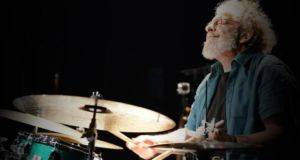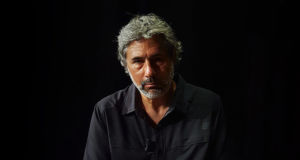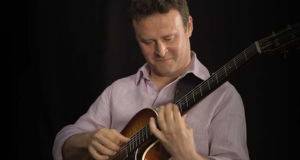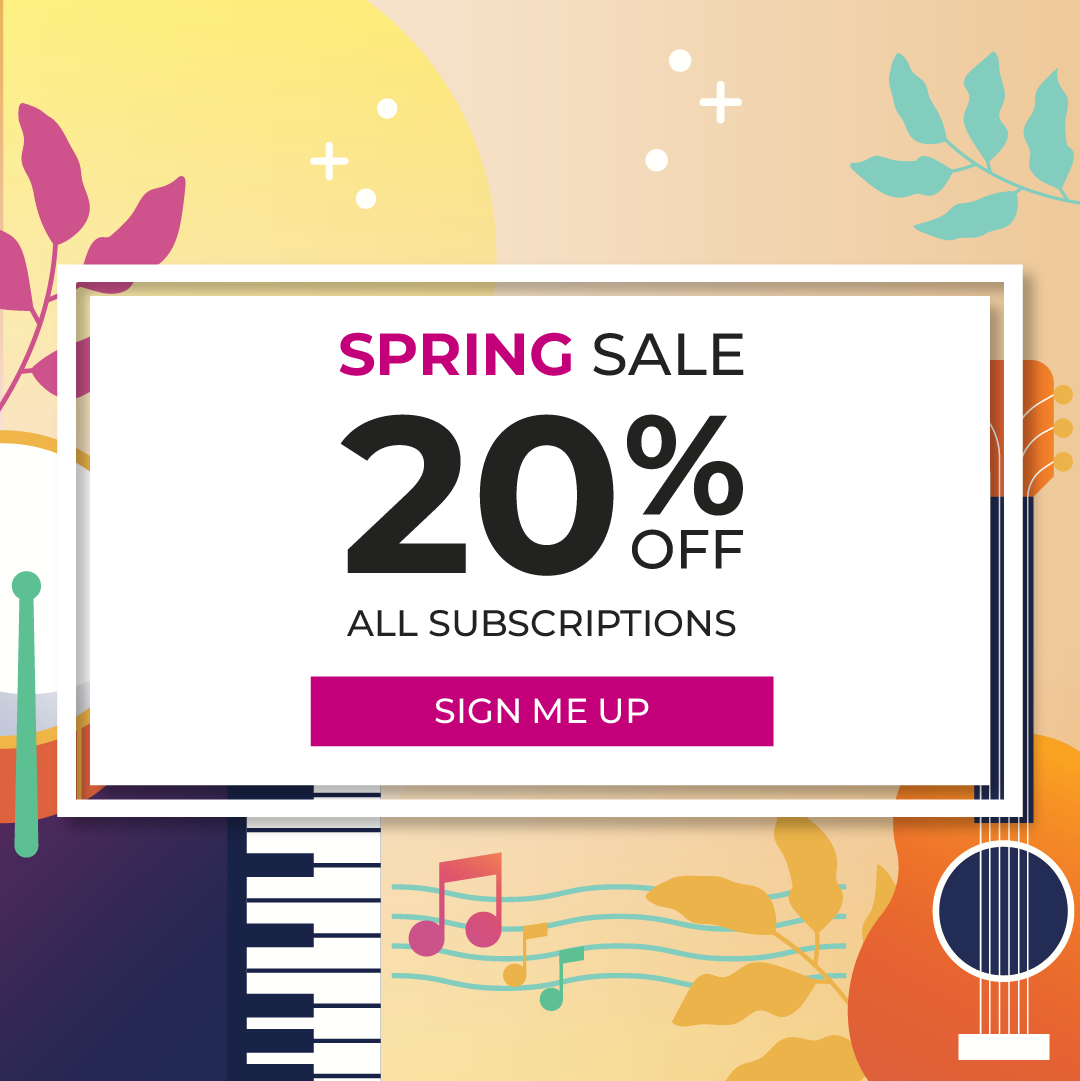Jacob Collier Masterclass: Harmony and Rhythm
17 videos
Jacob Collier, a self-taught musician with already a long musical background, shares his experience and vision of music in an exclusive masterclass.
Jacob Collier Masterclass: Harmony and Rhythm
Jacob Collier is a London-based multi-instrumentalist, composer, arranger and singer who despite his young age has already released three albums: In my Room (2016), “Djesse, Vol. 1” (2018) and “Djesse, Vol. 2” in 2019. This talented artist loves to experiment music since his childhood, and has acquired an outstanding knowledge and reflexion about music.
In this masterclass, Jacob shares with you his own personal vision of music, and more specifically about harmony and rhythm. He also talks about his pathway as an artist, answers to the audience questions and gives us some tips based on his personal experience.
Discover this masterclass and learn a lot from Jacob Collier’s knowledge and experience of music.
LESSON PRESENTATION
The main concepts taught
Rhythm
Harmony
Plagal Cadences
Triads
Chords inversions
Groove
The program proposed by Jacob Collier
This masterclass organized by the Americain School of Modern Music, took place in Paris in January 2019 and was recorded and produced by Qwest Tv, in collaboration with imusic-school. It is divided into three parts: the introduction, the harmony part and the rhythm part. The masterclass is built around questions from the audience, and focuses on two broad themes: harmony and rhythm.
|
Chapter |
Notions |
Welcome to the masterclass |
Jacob warmly welcomes you and makes you warm up your voice before getting to the heart of the matter. By the way, at the end of the session, Jacob insists on the fact that everyone followed him without him having to talk. By using only the signs, he succeeded to make his audience participate. It represents somehow the universality of musical language. |
Harmony |
Here, Jacob shares with you his vision of harmony. He talks about major and minor triads, 1st and 2nd inversion, the dominant seventh chord, plagal cadences among other notions. He interacts with the audience, answering questions and pick up to ideas to go further and address other concepts such as : the correlation between harmonic series and rhythm; leading us to the second part of this masterclass. |
Rhythm |
This second and last part of Jacob Collier masterclass is about rhythm. Jacob talks about the different dimensions and effects of rhythm: the gravity, the space, the gap, the tension… He uses computer music to illustrate his statements. Similarly to the first part, Jacob takes times to answer questions regarding rhythm but also broader topics. |






